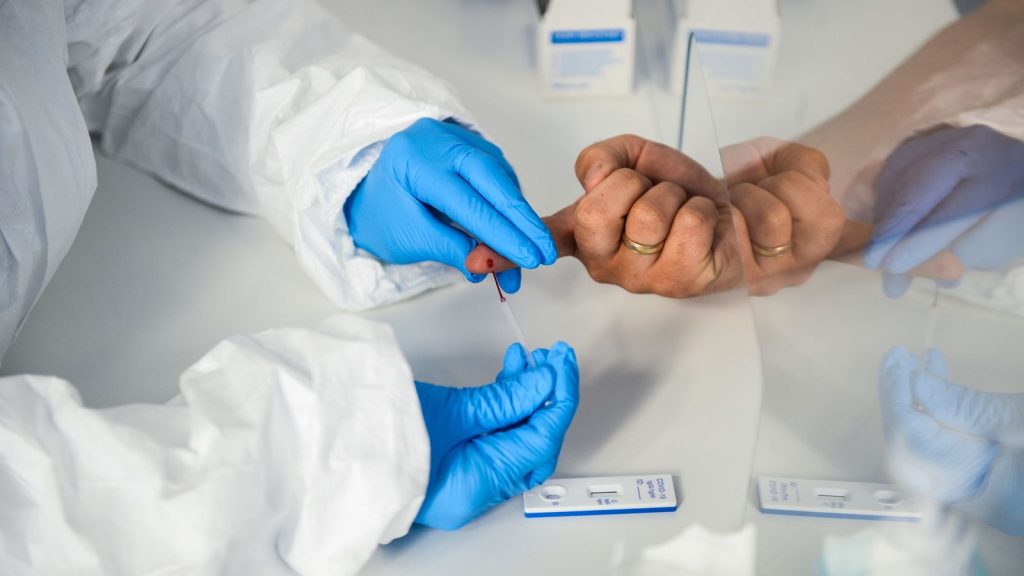The first coronavirus antibody test has been approved by Public Health England, in a breakthrough that could prove key to the UK’s lockdown measures being eased.
Scientists said the test has been found to be 100 per cent accurate following an evaluation at the Porton Down facility last week.
The blood test was developed by Swiss pharmaceutical company Roche and has been described as “highly specific”.
The test is designed to help determine if a patient has been exposed to the virus that causes Covid-19 and whether they have developed antibodies against it.
The detection of these antibodies could help to indicate if a person has gained immunity against the virus.
Professor John Newton, national coordinator of the UK Coronavirus Testing Programme, said: “We were confident that good quality antibody tests would become available when they were needed.
“Last week, scientific experts at PHE Porton Down carried out an independent evaluation of the new Roche Sars-CoV-2 serology assay in record time, concluding that it is a highly specific assay with specificity of 100 per cent.
“This is a very positive development because such a highly specific antibody test is a very reliable marker of past infection.
“This in turn may indicate some immunity to future infection although the extent to which the presence of anti-bodies indicates immunity remains unclear.”
The Department of Health and Social Care (DHSC) said it was delighted that devices were progressing through validation and was working on plans to roll out antibody testing.
A spokeswoman said: “Antibody testing is an important part of our strategy to counter the spread of Covid-19 and to help us understand who has had the disease.
“In addition to the recent huge expansion of the UK’s swab-based coronavirus testing capacity, we are exploring the use of antibody testing across the NHS and ultimately the wider public.
“We are delighted that devices are progressing through validation, and are actively working on our plans for rolling out antibody testing and will make announcements in due course.”
